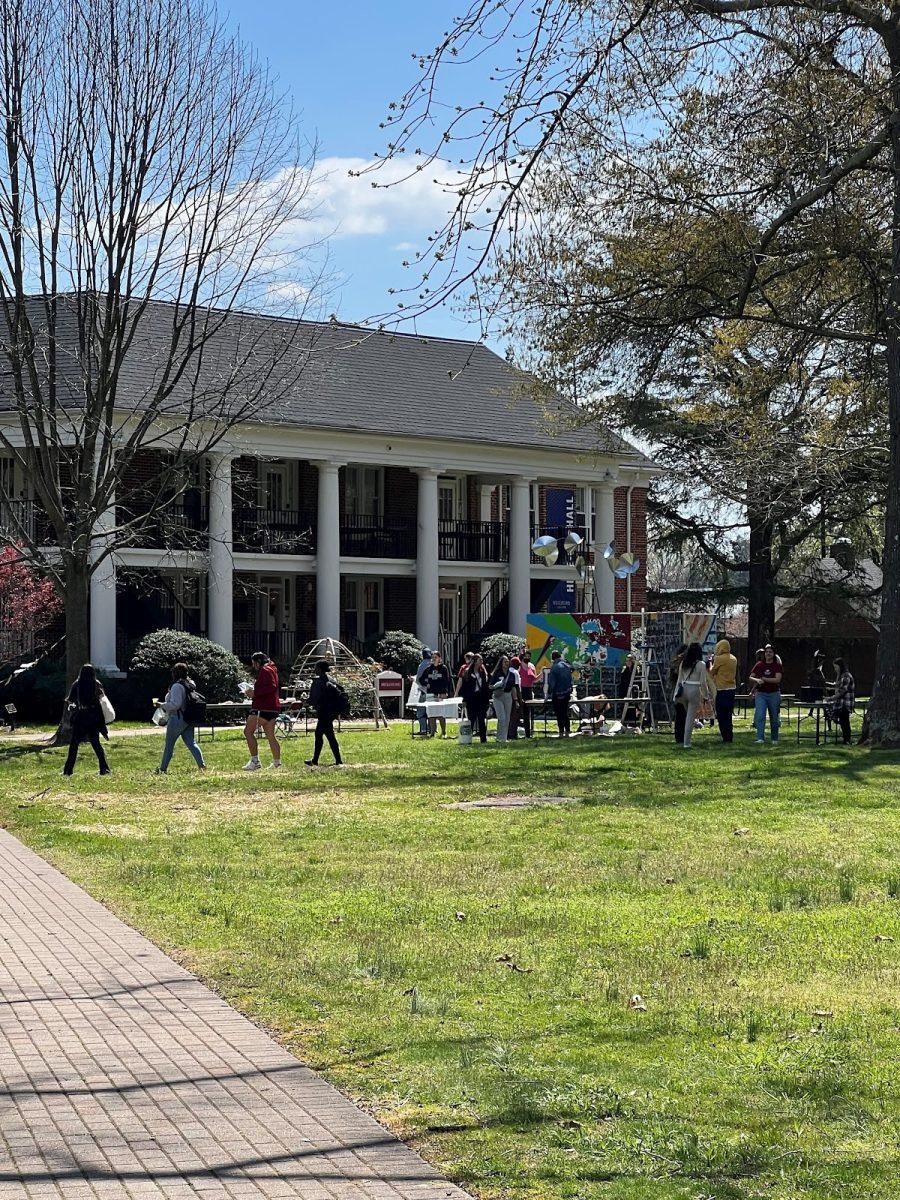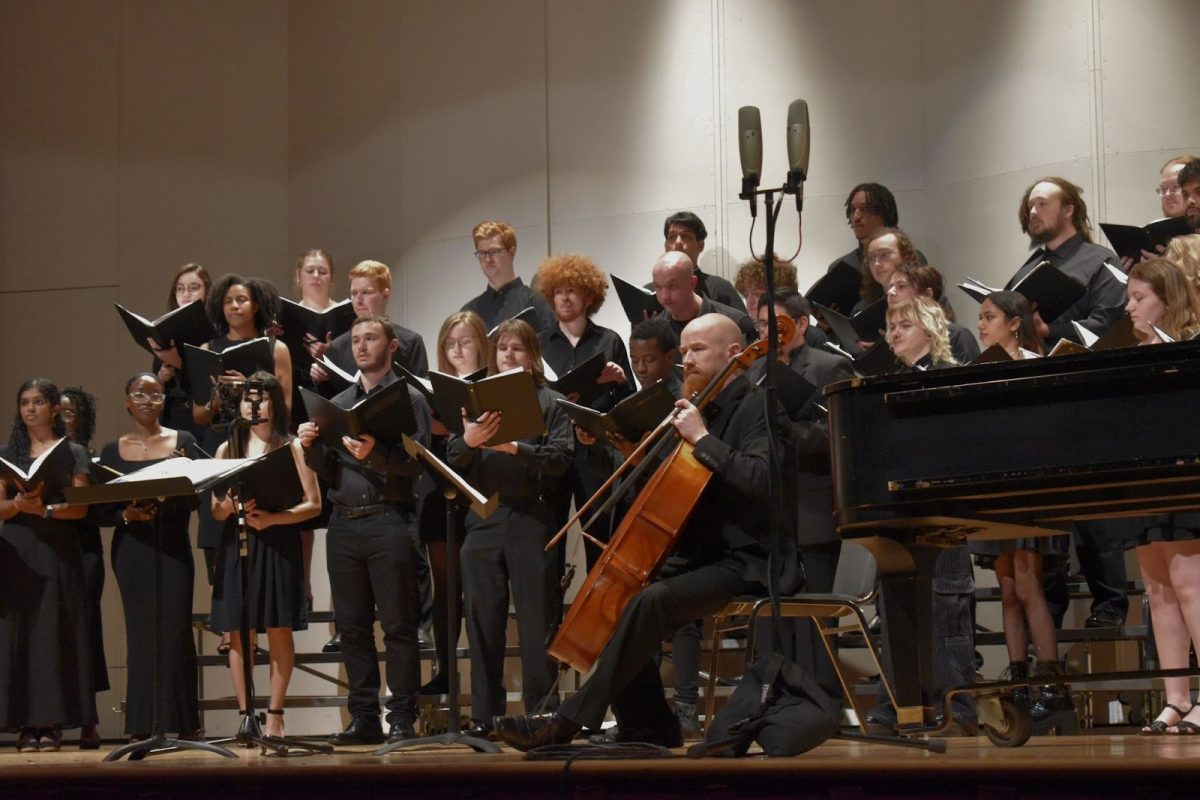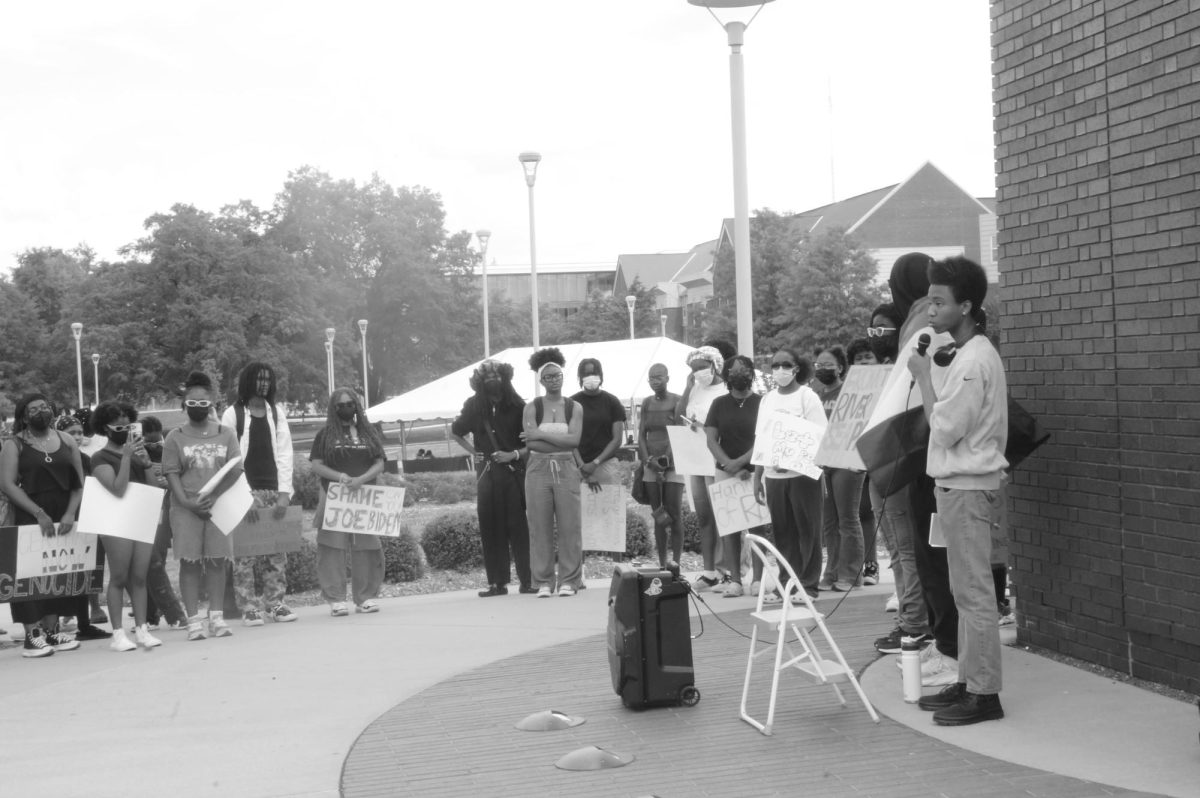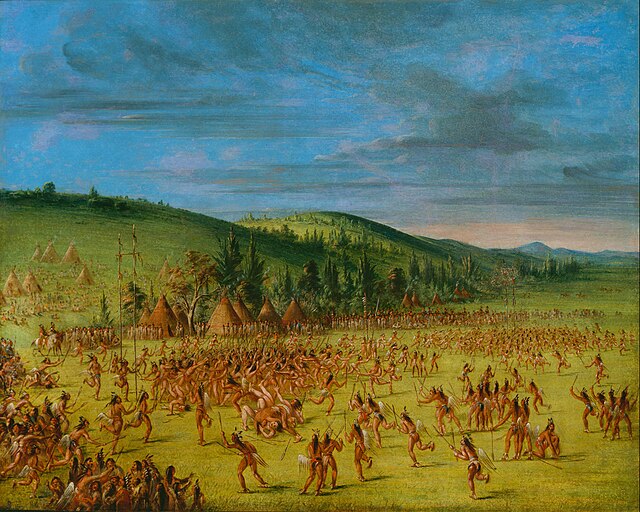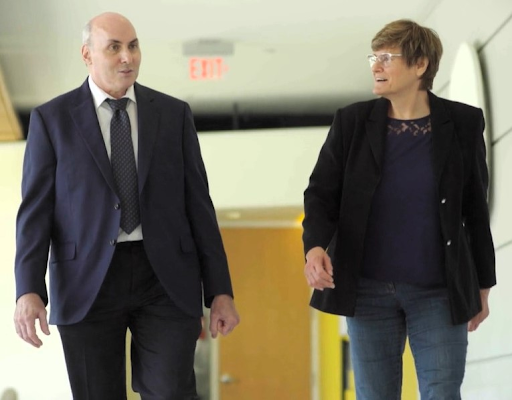The Multicultural Resource Center buzzed with conversation.
Then, as Associate Professor of English Diya Abdo arose, silenced enveloped the audience of students and faculty. A few latecomers filed into the crowded room and found their seats on the floor.
Abdo and Jorge Zeballos, director of diversity training and development, introduced the speaker for the night.
Enter Rula Quawas.
“It is a great honor to be here and to tell you about what is going on in Jordan,” Quawas said.
Quawas is the director and founder of the Women’s Studies Center at the University of Jordan. She also teaches English, making it a point of teaching every course in the English curriculum to ensure that students learn about female writers.
Her talk, “Voices of Young Jordanian Women: Speaking the Unspeakable,” focused on three initiatives by young Jordanian activists to end violence and discrimination against women.
Quawas explained that — while activists have achieved some success in expanding political rights to women — misogyny, sexual harassment and honor crimes still plague Jordanian society.
“Like all cultures, Jordan is patriarchal,” Abdo said in an email interview. “Tribalism also plays a role in exacerbating sexism and misogyny. So does Islamic fundamentalism.”
Because of the patriarchal system, Quawas explained, women become the keepers of the family’s honor. So when a girl is thought to have dishonored the family name, the consequences are unimaginable.
“A man is the protector and the guardian (of a woman), and he has to watch her like a dog to make sure that she is not going to commit a sin or make any mistake,” said Quawas. “When she does, she is … killed.”
Women who are suspected of dishonoring the family undergo virginity tests to prove their chastity. For her virginity to be confirmed, a woman’s hymen must be found intact. Ironically, families with enough money can sponsor hymen reconstructions.
According to Planned Parenthood, the presence of the hymen is no true indicator of a woman’s virginity, as gymnastics, tampons or other nonsexual forms can stretch the hymen. Some women are born with so little hymen tissue that it is barely visible.
However, because sex is a taboo subject in much of Jordan, such findings are not often known or accepted in society.
“When I was appointed at UJ in 1996, I couldn’t even say ‘sex’ in the classroom,” said Quawas. “And when I had the audacity to say it — because it’s my job to teach about feminist theory and sexuality — my students had downcast eyes.
“They were ashamed and shied away from sex.”
To supposedly decrease the chance of promiscuity, many parents have forced their daughters to suffer female genital mutilation — a method not proven to decrease sexual desire but rather to cause pain and dangerous infections.
Because of the sexism and blatant objectification of women, Quawas explained, redefining concepts of honor has proved difficult.
“We live in a culture of fear, of silence,” said Quawas. “It’s either to the bedroom or to the kitchen.”
Despite the horrors faced by women on a daily basis, Quawas made it clear that bringing an end to discrimination and gender violence in Jordan is not impossible.
The starting point? The Qur’an.
“Some verses (of the Qur’an) are very misogynistic,” said Quawas. “Religion should be progressive, not regressive. We need new translations of the Qur’an … by women.”
Also integral is education, for both men and women.
“The more men and women know their rights, whether in the Constitution or in Shari’a law, the more likely they are to understand their situation and effect change,” said Abdo.
Quawas’ talk served as an eye-opener.
“I thought it was incredible,” said Meredith Hudson, first-year and attendee. “It was great learning about the perspective of someone who is actually from Jordan, and I honestly did not realize how bad the situation was.
“It made me realize what’s going on in the world, and how ignorant and blind I’ve been to it,” Hudson said. “Honestly, it makes me want to learn more about it and get more involved.”
[photomosaic nggid=175]

